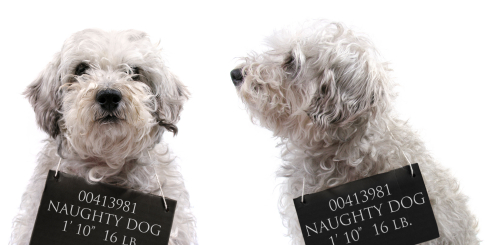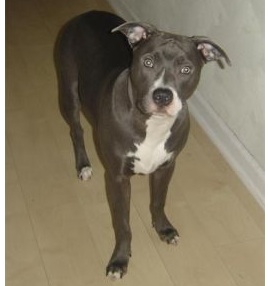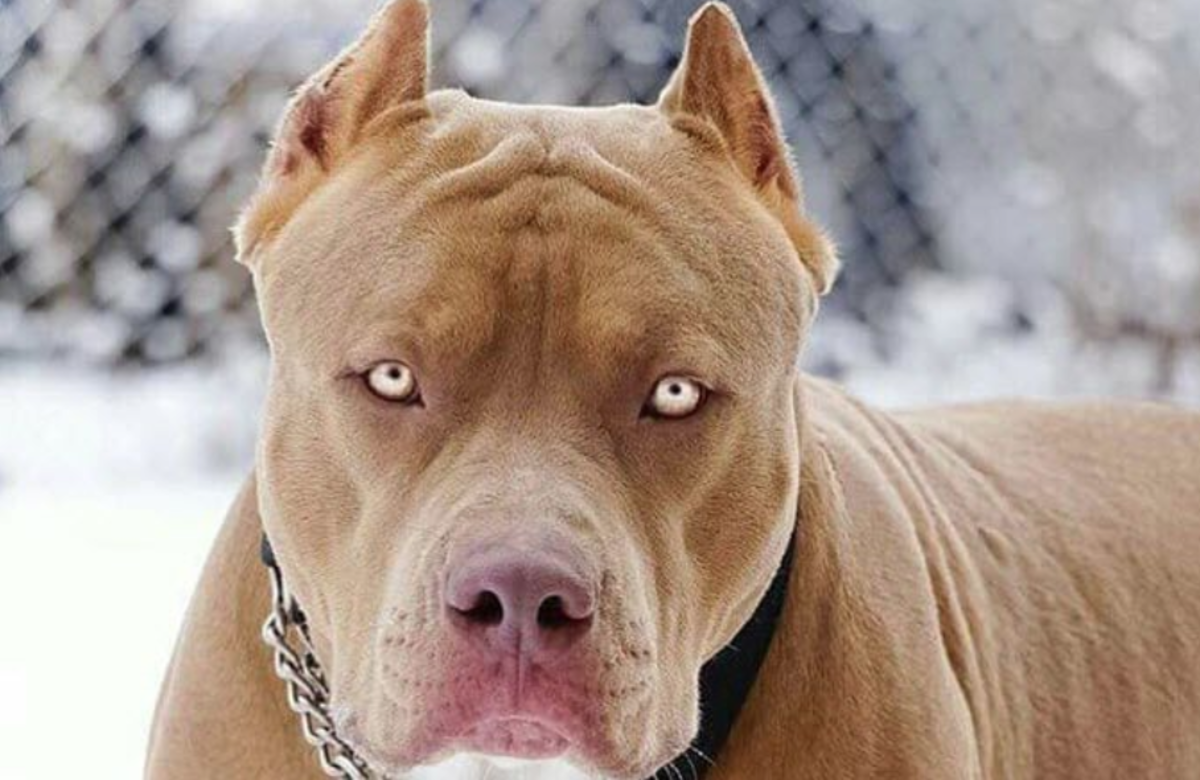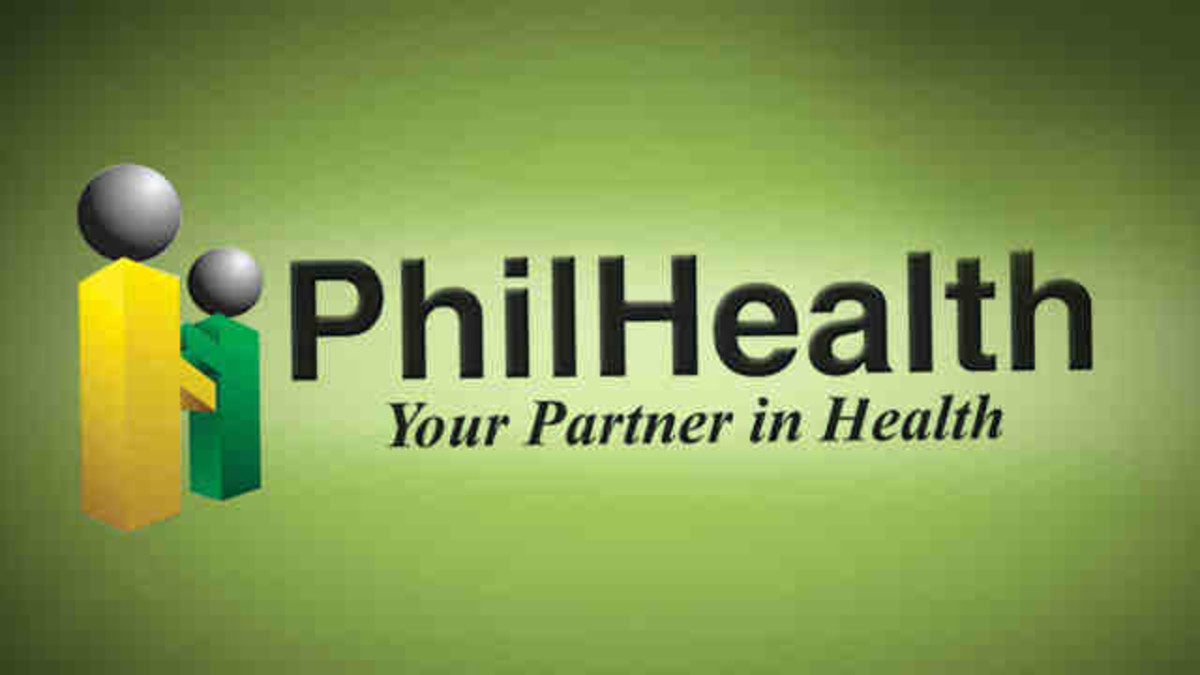Home Owners Insurance for Dog Owners
Even though they'd like you to think that dog bites make up at least 1/3 of insurance claims, dog bites really make up about 1% of the total insurance claims, which is a big difference. It's about three times less than theft claims. And, it's highly likely that people with dogs are less likely to have to file a theft claim.
But, that's too simple... To make it more complicated, let's add the fact that dog bites and claims caused by dog bites, on average, are going down. Dogs actually pose a very small statistical risk to insurance companies; in fact, the number of insurance claims caused by dog bites has dropped by more than 14% since 2003. Less than 0.1% of homes with dogs had a dog bite claim in 2007.
But, looking at the numbers, it just doesn't add up to the glamor and fear that the public loves. Owning a dog, regardless of the breed, remains one of the safest things that you can do, as long as you're not an idiot dog owner (for lack of better words).

Dog bites are serious events for those who are bitten, but the dog bite problem is not a public health crisis nor an epidemic that the insurance industry has made it out to be. The number of fatalities caused by dog injuries is pretty low when compared to the number of people who die from cancer, heart disease, accidents, suicides, and diabetes.
Likewise, non-fatal dog bits are responsible for a very small number of injuries when compared to the number of injuries caused by unintentional injuries, such as falls (11.5 million), motor vehicle incidents (3.3 million), sports (2.0 million), insect bites (1.7 million), bicycle accidents (1.4 million), poisoning (0.7 million), and knives (0.6 million). All of these accidental injuries outrank those caused by dogs (0.5 million).
Overall, claims that insurance companies have paid to homeowners because of dog bites have been minuscule when compared to those for property damage, fire, water, wind, and theft.
But, if you're looking at it in terms of personal liability, it can be a good thing to consider, as even one lawsuit can cause you thousands of dollars, all depending on your assets- the greater your personal assets, the more that is at risk.

Insurance Companies Blacklist Dog Breeds
When checking for insurance, you want to make sure that you consider what dog breed that you have. Even though your dog may be as sweet as an angel and spend his extra time with the elderly at the nursing home or the sick children at the hospital, some insurance companies will "blacklist" certain dog breeds and cross-breeds of those breeds.
So, it's a good idea to consider your dog's breed (that in which he cannot change as he was merely and innocently born as such) when considering home owner's liability insurance.
The following breeds are commonly blacklisted from various insurance companies.
- Akitas
- Alaskan malamutes
- American Pit Bull Terriers and "pit bull" type dogs
- Boxers
- Chow chows
- Doberman pinschers
- German shepherds
- Great Danes
- Presa Canario bulldogs
- Rottweilers
- Siberian huskies
- Staffordshire Bull Terrier
- Wolf-hybrids
In general, the insurance company may not have a choice as to blacklisting the breed or not, as if the state or county that you live in has an implemented breed ban or Breed Specific Legislation, then more than likely the insurance company HAS to blacklist that breed.
For example, State Farm does not discriminate against breeds, but in Ohio, the company does not offer full coverage for home owner's insurance for people who have "pit bulls" and "pit bull- type dogs" because the state consider them a "vicious dog."
Since some insurance companies will not issue or renew home owner's policies due to certain dog breeds, as the homeowner, you can actually argue that all dogs have the potential to bite and the selecting certain breeds isn't fair, especially considering that some of the breeds on the list don't have aggressive natures.
Home insurance companies cite statistics related to large dogs, most of these statistics aren't even accurate by any means. Plus, the CDC, an organization that has spent years studying what breed is more prone to bites and attacks, has acknowledged that dog breeds have little to do with the circumstances surrounding the attack.
- CDC Stand on Dog Bite Statistics
BSL is essentially any law, ordinance, or policy that pertains to at least one, if not more, dog breeds, generally banning them from a particular area. - Is There Really A Dog Bite Epidemic?
We expect man's best friend to be a best friend, but dog's are still animals. A handful of fatal attacks a year does not mean epidemic. - Severe Dog Attacks and Pit Bulls
Have our canine companions changed drastically, or have we grown in ignorance? Learn the truth with dog attacks and "pit bull" dogs.
Getting Home Insurance with a Blacklisted Dog
If you happen to have a dog that is on the blacklist for your insurance company, you may find that they will either refuse your renewal or refuse issuing you insurance for your home. OR you may find that they will only provide partial liability insurance, making you responsible for any medical bills or lawsuits caused by your dog's behaviors.
As mentioned, not all insurance companies have a flat statement as to defining a home owner's insurance policy based on certain dog breeds. Some companies prefer to look at a dog's prior history of bites and attacks. Some will even look further into an incident in order to determine whether or not the situation was provoked or unprovoked.
Prevent a Dog Bite or Attack On Your Property
Just remember that 50% of dog bites and attack occur on the owner's property, so the best way to protect your insurance is to prevent an incident. You can prevent an incident with your dog by:
- Enrolling your dog in obedience classes at the first chance you get (as soon as you bring the dog home) and make sure that you certify your dog with a Canine Good Citizen certification.
- Continue keeping up with dog obedience training throughout the dog's lifetime.
- Start socializing your dog on day one with people of all ages and backgrounds (make sure the dog has been relaxed and is settled in with you and your family before stressing him out with tons of new people).
- Neuter male dogs to reduce dominance problems and other types of aggression.
- Make sure that the dog gets appropriate exercise, as dogs that have a predatory or herding instinct can channel those behaviors in social situations.
- Keep dogs on lead when walking them, and when unsupervised make sure that the dog is securely confined within an indoor cage, outdoor kennel, or a securely fenced yard.
- Never leave your dog with children or strangers.
- Keep aware of signals that you may send to your dog, as well as behaviors that may signal aggression in your dog toward another person or animal.







